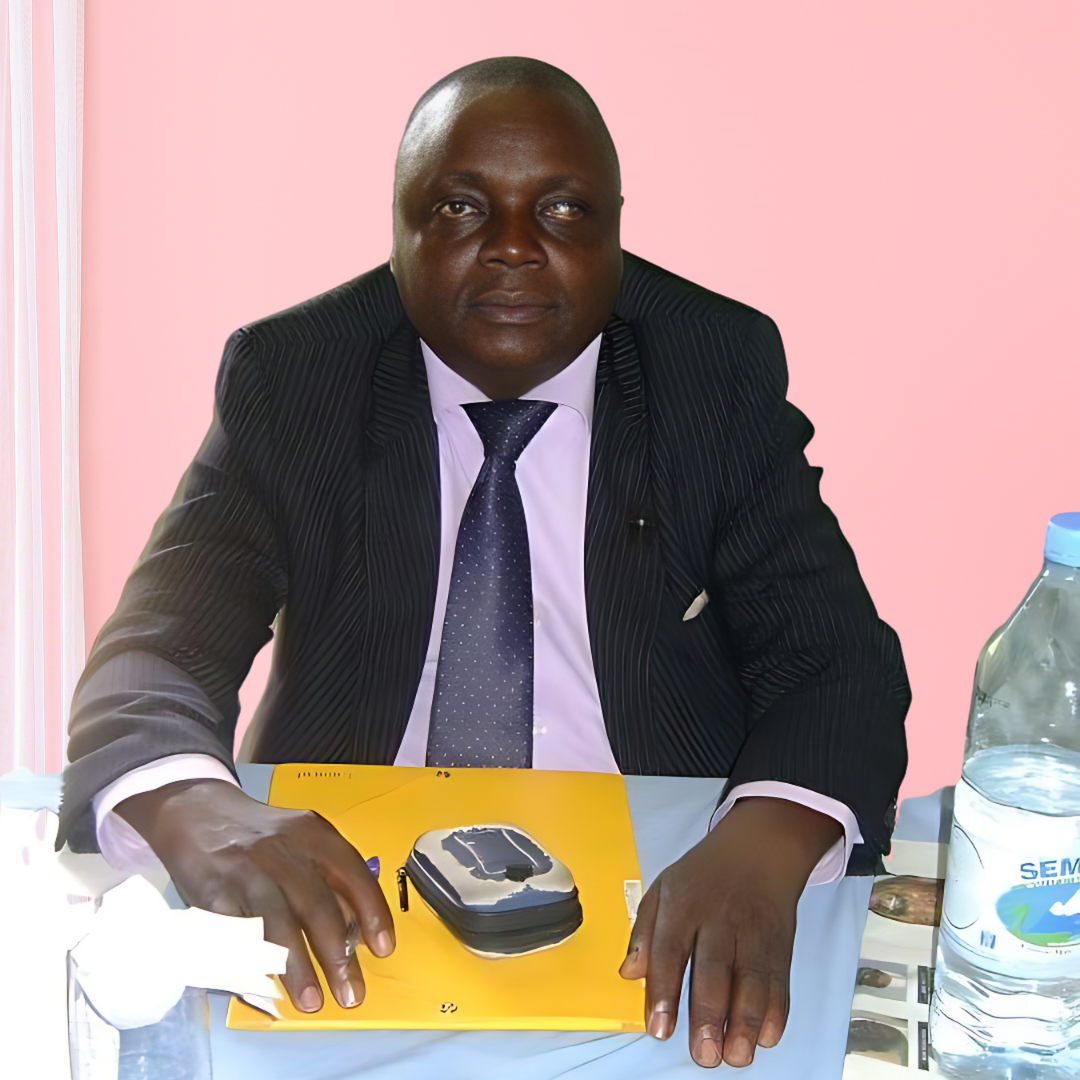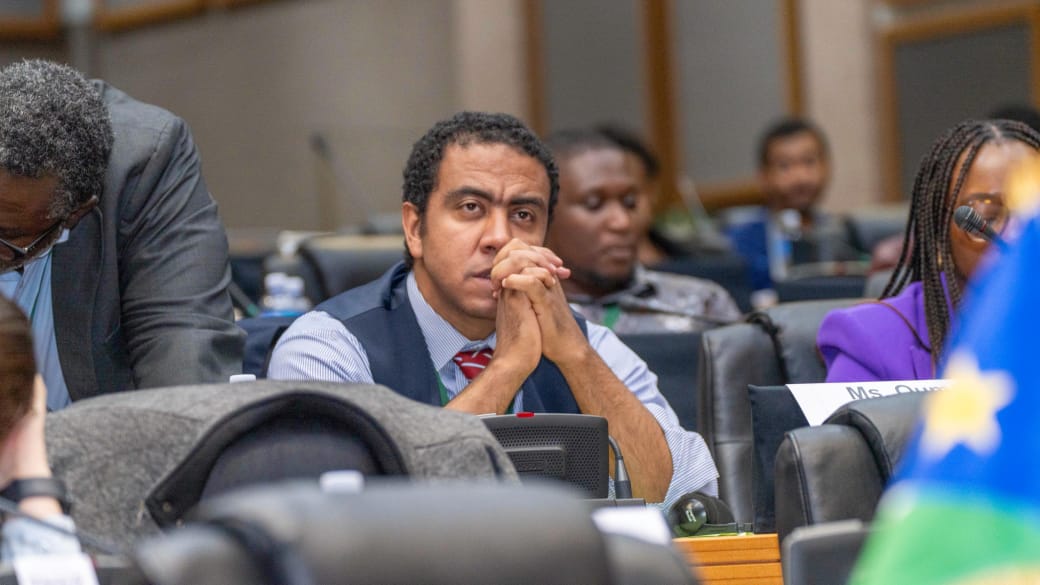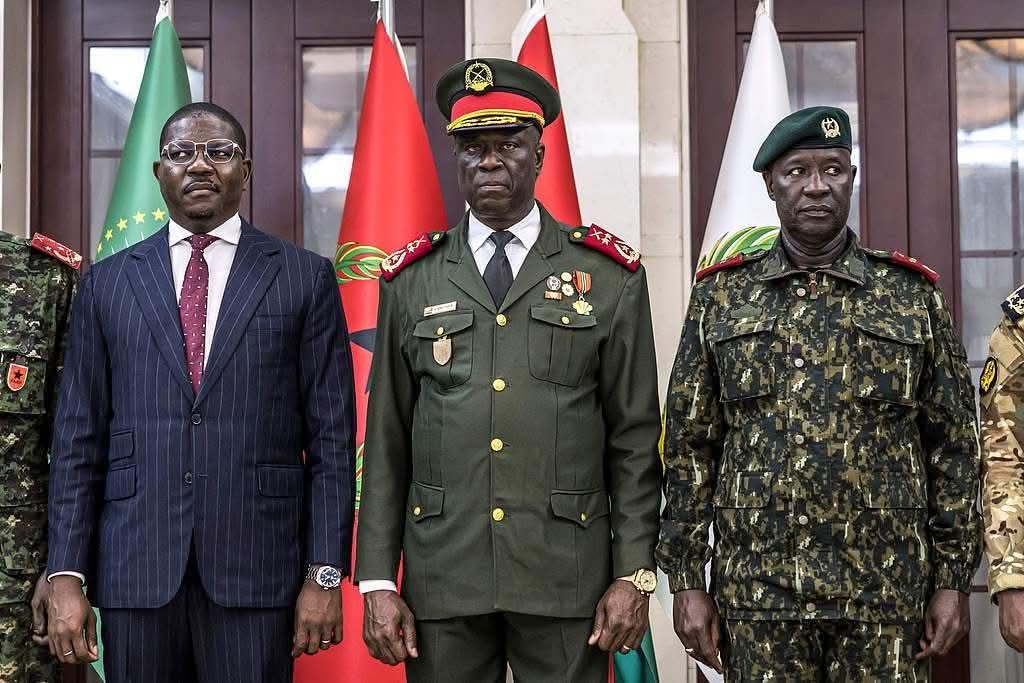In a significant development in the Democratic Republic of Congo (DRC), a military court has sentenced 37 individuals, including three Americans and one Briton, to death following their conviction in a coup attempt. This verdict comes after a trial that has drawn international attention and raised questions about the legal process in the DRC.
The case revolves around an event that occurred in May when a group attempted to overthrow the government. Among those implicated were US citizens and a Briton, who have now been handed the most severe punishment under the country’s law. The trial, which was broadcast live, concluded with the military court delivering its judgment.
The individuals convicted can appeal the verdict, which includes charges of terrorism, murder, and criminal association. This case has highlighted the complexities of international law and the sovereignty of nations in prosecuting individuals accused of serious crimes within their borders.
The reinstatement of the death penalty in the DRC, after more than two decades, has been a controversial decision, reflecting the government’s stance on addressing violence and militancy in the country. The international community, including human rights organizations, has expressed concern over the use of the death penalty, advocating for its abolition worldwide.
The situation is particularly sensitive given the involvement of foreign nationals, which brings into play diplomatic relations and the policies of the respective countries regarding their citizens’ involvement in activities abroad. The US State Department, for instance, strongly discourages travel to the DRC due to the risks of violent crime and civil unrest.
This case serves as a stark reminder of the risks associated with involvement in political turmoil in foreign countries. It also underscores the importance of understanding and respecting the laws and judicial processes of the nations one visits or resides in.
As convicted individuals prepare to appeal the verdict, the international spotlight will remain on the DRC’s legal system and the broader implications for justice and human rights. The outcome of the appeals could have significant ramifications for the individuals involved and for the relationship between the DRC and the countries of the foreign nationals.






